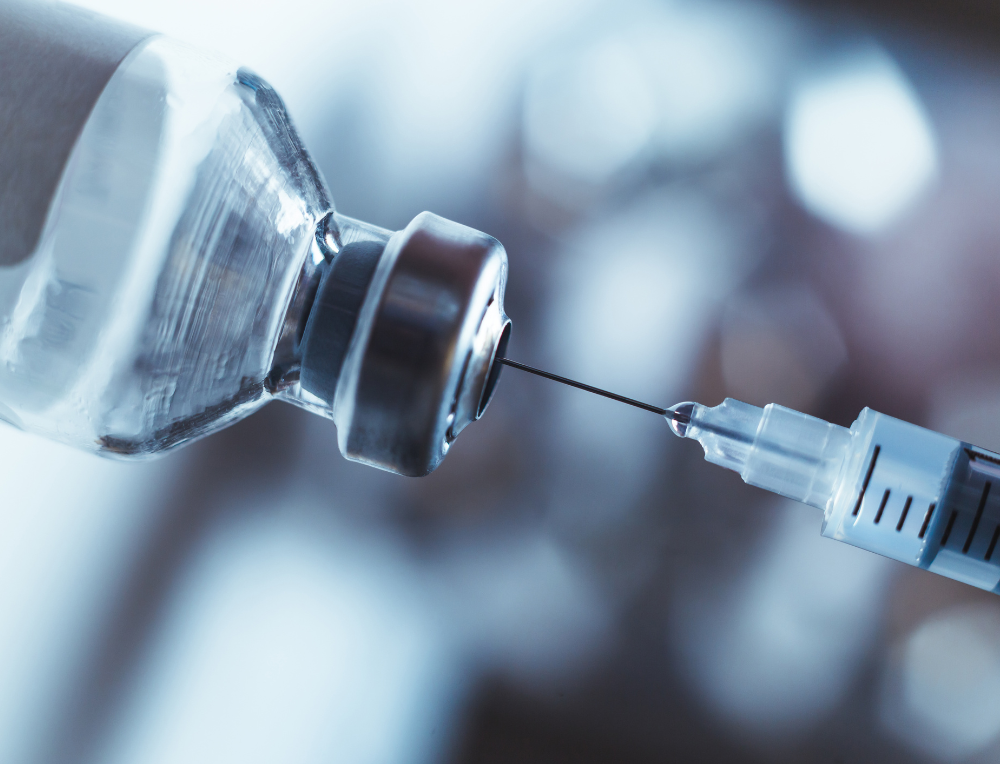Overcoming Barriers: Financing and Service Delivery for Vaccination in Fragile and Conflict-Affected States

Investors cheered the news, sending shares of the drugmaker soaring 50 percent to $4.59 on the Nasdaq on Friday afternoon.
The Phase 2 trial, involving 121 previously treated non-small cell lung cancer patients, found that those given a lower dose of bavituximab plus chemotherapy lived for a median of 11.1 months compared with 5.6 months for those treated with chemotherapy alone.
Patients given a higher dose of the Peregrine drug lived for a median of 13.1 months – resulting in a pooled survival time of 12.1 months for the treated group, Peregrine said.
Peregrine was scheduled to give a full presentation of the data on Friday afternoon at a Chicago conference sponsored by the American Society for Radiation Oncology.
Final results could change since less than half of the bavituximab-treated patients have died, compared with 70 percent of the control group, said Dr David Gerber, associate professor of internal medicine at the University of Texas and a principal trial investigator.
The company had reported in May top-line results from the trial showing that the drug improved tumor response rates as well as the amount of time patients lived without their cancer getting worse.
Trial results for those secondary goals were not statistically significant, but the overall survival results do meet requirements for statistical significance, Gerber said.
“The fact that the surrogate endpoints of response rates and progression-free survival have translated into a survival advantage is a really big deal,” said Steven King, Peregrine’s chief executive officer.
He said Peregrine is currently in discussions with potential partners to move bavituximab into a pivotal-stage trial, which it aims to launch in the second quarter of next year.
The drug, given by intravenous infusion, is a genetically engineered antibody designed to target a lipid molecule found on tumor blood vessels that acts to suppress the body’s immune system.
The antibody binds to the targeted molecule to reactivate “the immune response locally at the site of the tumor,” allowing the immune system to combat cancer cells, said Joseph Shan, head of clinical and regulatory affairs at Peregrine.
He said there were no safety risks associated with bavituximab in the study.
Peregrine announced in March that a trial of the drug as an initial therapy for lung cancer patients did not show a benefit in terms of progression-free survival.
“At this point we haven’t seen overall survival data,” Shan said. “That is where we would expect to see the biggest impact – longer-term protection from the tumor.”
He said overall survival results from the front-line trial will likely be available toward the end of the year.
Bavituximab is being studied as a treatment for a range of cancer types, including pancreatic and breast.
As of Thursday, shares of Peregrine had risen nearly sixfold since late May when the company announced initial results from the second line lung cancer trial.
(Reporting by Deena Beasley in Los Angeles; editing by Matthew Lewis)
http://reut.rs/TGKC8C